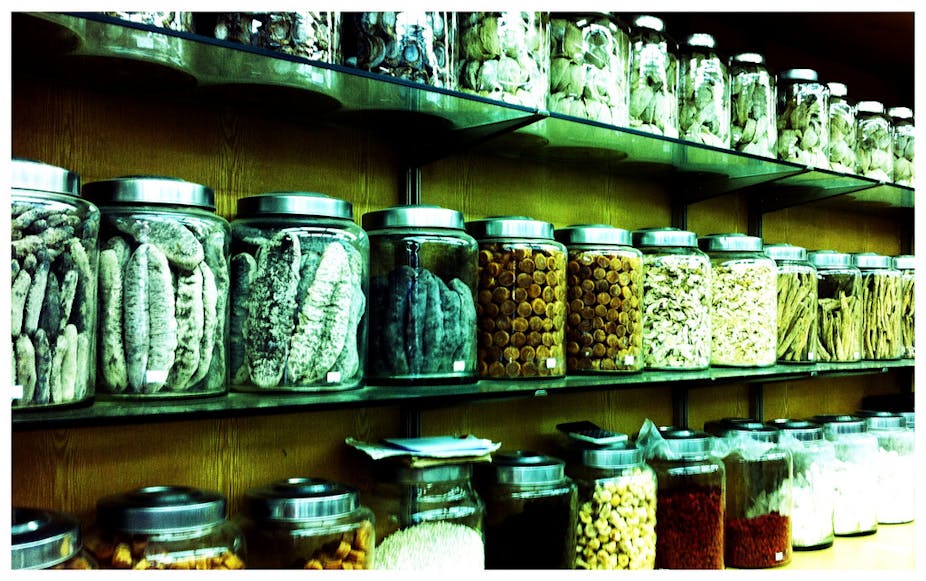Recent German research found that more than 70% of people with cancer supplement their regular hospital treatment with complementary and alternative medicine. More worryingly, many do so without advising their doctor.
This is important because interactions of the complementary medicines and their regular drugs could make cancer treatment ineffective, or worse still, cause toxic side-effects that could lead to death.
The study found a high degree of complementary medicine use by people with cancer across all age groups, and higher use among women than men. A small percentage (8%) of cancer patients were found to only use complementary medicines and shun conventional treatment.
A separate study also found that many parents of children with cancer (30%) also reported giving complementary medicines to their kids.
Studies in the United States, and across other European countries, found similarly high rates of complementary medicine use among cancer patients. Research of this sort hasn’t been conducted in Australia, but high complementary medicine use means it’s likely the same happens here.
Why people do it
According to the German study, people supplementing their treatment with complementary medicines do so in a variety of ways, and with different products. By far the most popular options are vitamins, metals such as selenium and other trace elements.
Some patients also try non-chemical or drug-based therapies, including prayer, relaxation and physical activity; but these tend to be the least used types of complementary therapies.
More than 50% of the participants in the German study expressed an interest in also using acupuncture or medical herbs, and a quarter were interested in trying mistletoe and homoeopathy treatments.
When asked why they were interested in complementary medicines, most people couldn’t give a reason, or said they’d used them before being diagnosed with cancer and merely continued that use. Some believed complementary therapies boosted their immune system and helped to “detoxify” their body.
Interestingly, more than a third of the German patients reported using complementary therapies simply because it enabled them to do something for themselves; it let them feel more in control of their treatment.
There’s considerable debate about the usefulness of complementary therapies, but what is more worrying about all three studies into complementary therapy use is that it happens without the knowledge of the patient’s doctor.
When asked about the source of their information on complementary medicines, the four most common responses in the German study were television and radio, family and friends, books, and the Internet.
The three least used sources of information were, in decreasing order, doctors, non-medical practitioners and pharmacists. In total, fewer than 10% of the people in the study using complementary medicines stated they gained information on them from health professionals.
This could be a problem because there’s no guarantee that popular sources of information about complementary therapies are accurate. Australian research from 2008 found that much of the information available in the media about complementary therapies is either incomplete or inaccurate.
Lurking dangers
Combining complementary medicine with conventional cancer treatment opens up the possibility of drug interactions that can make cancer treatment ineffective. Worse still, the drugs may interact to exacerbate side-effects of chemotherapy, which can be so severe they endanger the person’s life.
What’s more, many complementary medicines, particularly those marketed herbal or all natural, can contain ingredients not listed on the labels. So people don’t know what they are taking.
The Therapeutic Goods Administration regularly bans and issues safety advisories for complementary medicine products that patients are buying over the Internet because they contain unlisted, often prescription-only, ingredients.
Cancer patients should discuss any medicines they plan to use that are outside their normal treatment plan with their doctor. Many complementary medicines they choose will be safe.
Regardless of efficacy, complementary medicines provide people with an important way to gain a feeling of ownership over their treatment. Doctors will always be supportive of their patients and can help choose complementary medicines that are effective and safe for them to use.

